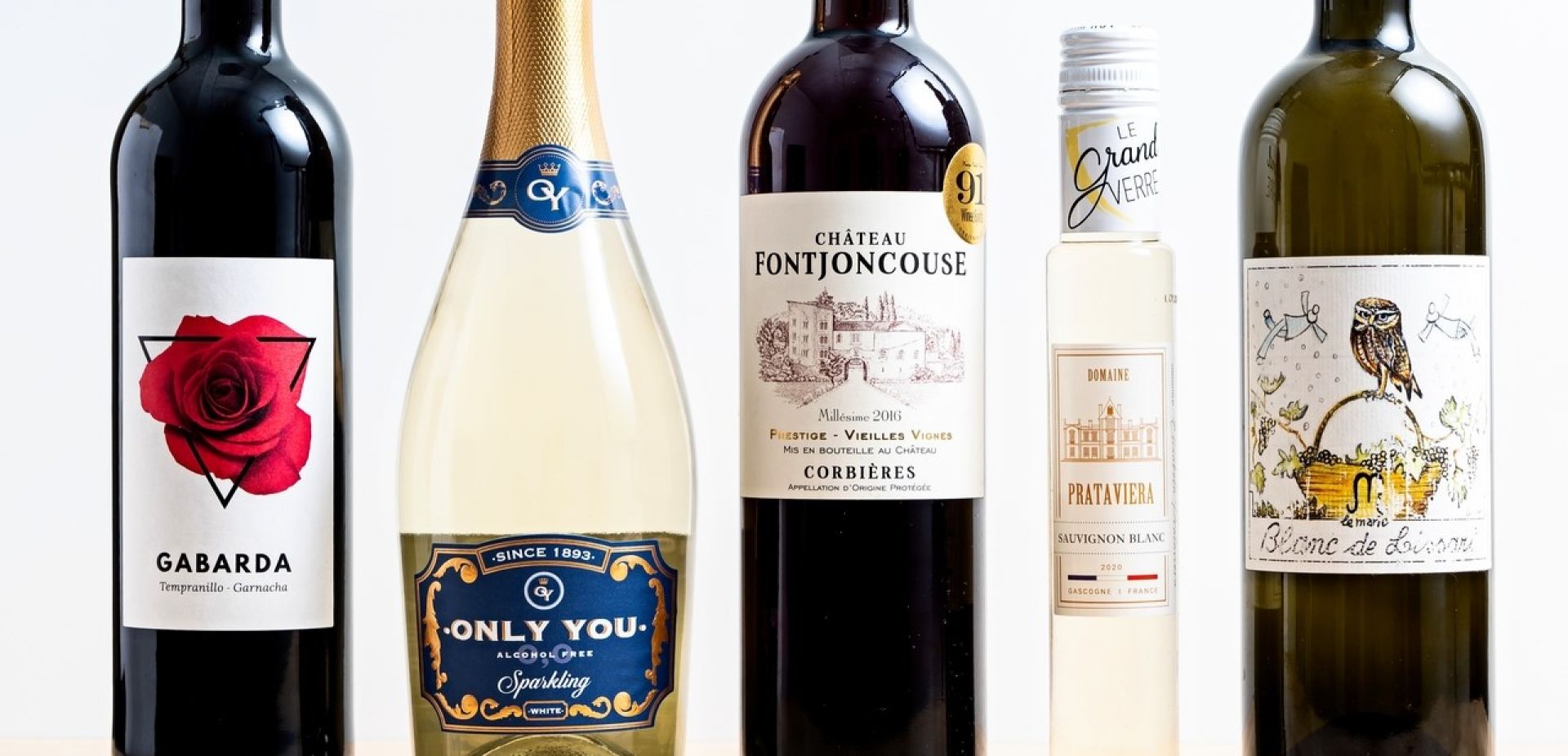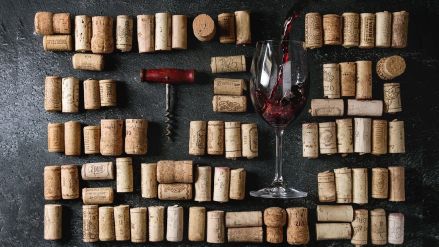
We live in strange times. After all, we have cars without drivers, subways without machinists, chops without meat, books without printed pages, or buses that need no oil, no petrol and not even gas. We also have wine without wine and alcohol without alcohol.
 SIGN UP TO OUR PAGE
SIGN UP TO OUR PAGE
 The problem today lies in the substance of wine. More than two decades ago, the European Union defined exactly what wine is and specified, following the Bible, that it is a product which is the result of the fermentation of grapes or their juice, containing alcohol derived from the transformation of the sugar contained in the fruit, without any additives. This is roughly how it looks. All fruit wines (with the exception of those made from grapes) and those with various aromatic additives, such as herbs, and therefore vermouths, have been 'excised' from this definition. The term 'wine' can only appear on the labels of grape wines, others must include a clarification, such as currant or apple wine or aromatised wines. Many must have been offended by this solution, but well - the definition must be precise, even if in everyday life we call anything fruity and on the alcoholic scale between beer and booze.
The problem today lies in the substance of wine. More than two decades ago, the European Union defined exactly what wine is and specified, following the Bible, that it is a product which is the result of the fermentation of grapes or their juice, containing alcohol derived from the transformation of the sugar contained in the fruit, without any additives. This is roughly how it looks. All fruit wines (with the exception of those made from grapes) and those with various aromatic additives, such as herbs, and therefore vermouths, have been 'excised' from this definition. The term 'wine' can only appear on the labels of grape wines, others must include a clarification, such as currant or apple wine or aromatised wines. Many must have been offended by this solution, but well - the definition must be precise, even if in everyday life we call anything fruity and on the alcoholic scale between beer and booze. 
French police entered several wine depots in the Bordeaux region.
see more



